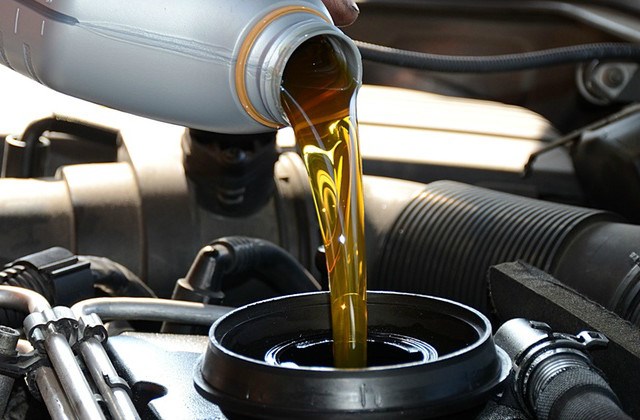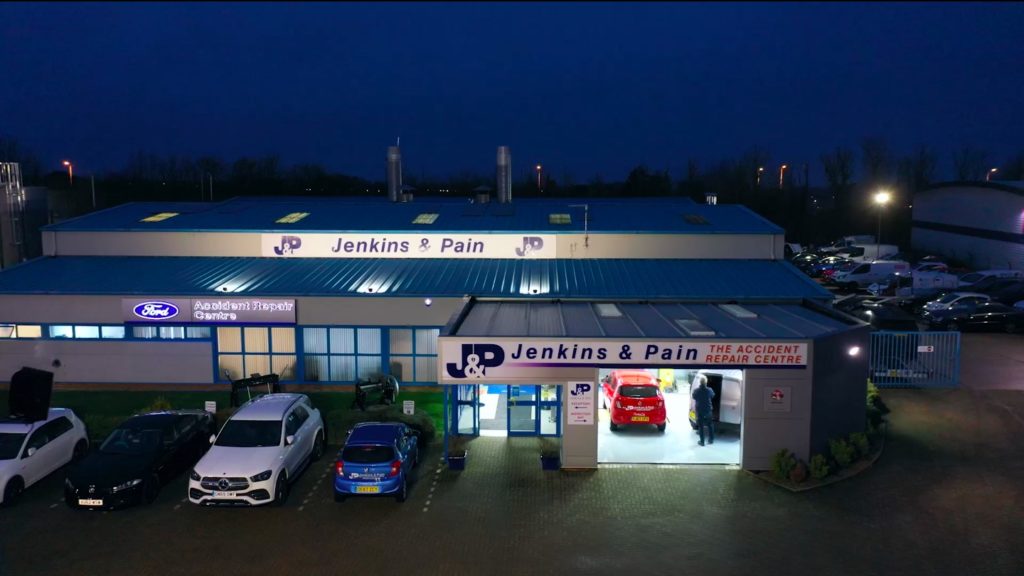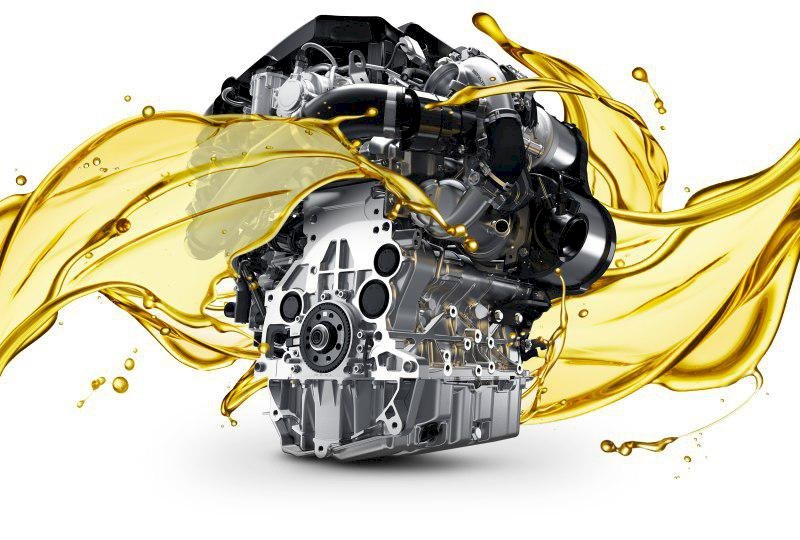Is synthetic oil better than conventional oil? Should I consider changing from conventional oil to synthetic oil? What’s the real difference between full synthetic, synthetic blend and conventional oil? The plasti dip services and alloy wheel restoration specialists at our car body repair centre have answered the most frequently asked questions here.
4. Is synthetic oil better for my engine than conventional oil?
Yes, synthetic oil is better for your engine in comparison to conventional oil. Although conventional oil (i.e., mineral oil) can provide adequate lubrication performance, it simply can’t compete with the overall engine performance and protection provided by synthetics. Synthetics use higher quality base oils than the less-refined base oils used in conventional oils which makes conventional oils:
– Less chemically stable
– Oxidise and acidify more easily
– Quicker to break down and lose protective qualities
Overall, full synthetic oils provide both better engine performance and protection than conventional and synthetic blend motor oils.

3. What are the advantages of synthetic oil over conventional oil?
Synthetic oils are created through very complex processes, including being chemically developed from petrochemicals, to have the exact molecular qualities needed for a specific application. These processes remove any impurities from the crude oil and enable individual molecules to be tailored to the demands of modern engines. These customised molecules in synthetic oils provide higher levels of performance and protection compared to conventional oils.
How do synthetic oils outperform conventional oils?
By offering greater engine wear protection
Engine parts are in constant contact with each other and are moving at high speeds. In the extreme environment of your engine, it is possible for components to wear and break down. Your motor oil is the only protective barrier between such components.
By keeping your engine cleaner
As oil circulates through your engine, it can pick up deposits. Over time, conventional oils can form sludge, which can reduce your engine’s efficiency and, ultimately, reduce the lifespan of your engine. The alloy wheel restoration and plasti dip services experts at our car body repair centre recommend full synthetic oils which contain fewer impurities compared to conventional and synthetic blend oils and can better resist the formation of sludge and deposits in your engine. If your engine already has sludge, motor oils can clean up virtually all engine sludge in only one oil change.

By flowing better in low temperatures
When your vehicle is not being driven, the oil begins to settle. But when you fire up the ignition, it begins flowing through critical engine parts in order to protect against friction. Conventional and synthetic blend oils can take more time until they are able to flow smoothly through the engine. During cold winter months, or if you live in an extremely cold environment, this flow process usually takes even longer. Some full synthetic oils are engineered to flow quickly even at low temperatures, and they start protecting your engine as soon as you start your vehicle.
By protecting better at high temperatures
When running, engines are very hot. Over time, the high temperatures in your engine can cause conventional and synthetic blend oils to break down or evaporate, exposing your engine to wear and eventual break down. Some full synthetic oils are engineered to resist such high temperatures, which is especially important if you’re driving in hot climates or requiring your engine to work harder such as while towing or hauling.
2. Does synthetic oil have longer oil change intervals than conventional oil?
Yes, in general, synthetic oil can provide longer oil change intervals than conventional oil. However, this is often dependent upon the brand of motor oil and several other factors, including driving style and driving conditions. Some synthetic motor oil brands still recommend oil changes between every 3,000 or 5,000 miles.

1. What is the difference between a full synthetic oil and a synthetic blend?
While there are no firm industry definitions, full synthetic motor oils typically make use of the highest quality base oil combination as a starting point. Synthetic blend motor oils will usually be either a blend of high-quality and lower-quality conventional base oils or all high-quality (higher than conventional) base oils. But the synthetic base oil is only the first half of the story. The correct blend of additives must go into the mix in order to create the oil.
Use Jenkins & Pain, Award-Winning Accident Repair Centre
There you have it, if you do find yourself with damage to your beloved paintwork, plasti dip or steering alignment and need a dent repair, van body repair or courtesy car you can count on us to complete all jobs using industry-standard processes. We offer free quotes and with our exclusive repair service, we are sure you will be happy with the results. Contact our Vehicle Body Shop today. Jenkins & Pain are an accident repair centre based in Dover, Kent. We are proud to call ourselves an award-winning accident repair centre. Check out our guide on how to look after your alloys!
Ready to Visit Our Vehicle Body Shop?
We understand how costly and inconvenient it is for a vehicle to be off the road and therefore we use processes that ensure your vehicle is repaired quickly and efficiently. So whether you need minor scratch repairs, major body repair, or alloy wheel restoration, our van body shop and car body shop can guarantee a high-quality service. We also repair light commercial vehicles and motorhomes. Contact us today for a paint repair at our Car Body Shop!



Pingback: Van Body Repair Experts Answer: Is it time to stop warming up your car in the morning? - Jenkins and Pain Kent's Premiere Accident Repair Centre